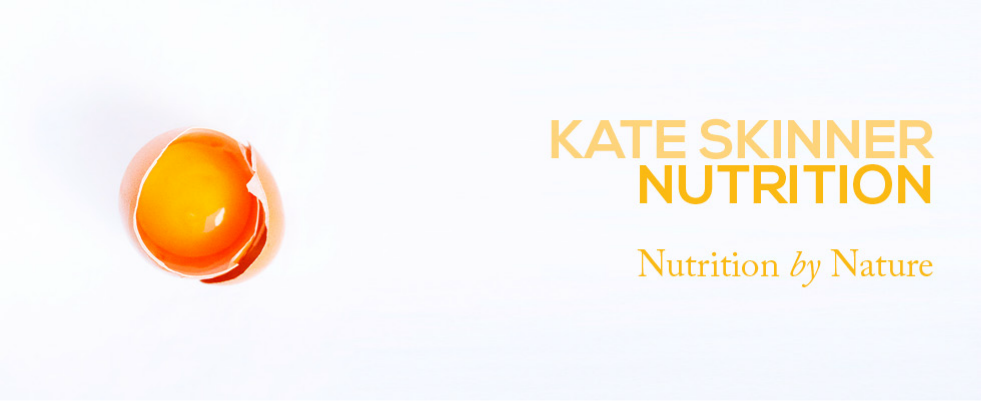Welcome to Q&A Mondays! Each Monday, I'll endeavour to answer some of the health questions sent in by readers via email, or that have been posted on the Nutrition by Nature
Facebook page.
This week, Stuart asks via email:
The proponents of calorie restriction, and intermittent fasting state that it reduces the levels of circulating IGF-1 [Insulin-like Growth Factor 1], which gets upregulated by a "high protein" diet. The higher levels of IGF-1 apparently lead to a shorter lifespan, and increase your risk of tumour (according to animal studies anyway).
A) Do you believe this is true, despite these methods going against having a high metabolism?
B) Is IGF-1 secreted independently of insulin, and mainly in response to protein intake?
Potatoes get such a bad rap. Nutritionally-speaking, they’re an excellent source of vitamin C, B6, thyroid-supporting carbohydrates, some usable protein, and are one of the vegetables that contain the least natural plant toxins*. What’s more, they’re an excellent vehicle for other tasty and nutritious foods – butter, salt and cheese (you think I’m kidding, but I assure you I’m not).
“One of the greatest hindrances to the achievement of great health and vitality is the widespread notion that we should exercise as much as possible and eat as little as possible” Matt Stone, obesity researcher & health writer
‘Health nuts’ seem to go a little nutty over nuts… raw and roasted nuts, trail mix, nut spreads, bars and milks are the dietary darlings of the health conscious. However, nuts and seeds certainly aren’t the ‘superfoods’ you might believe them to be.
The role of sound, restful sleep in the promotion of good health cannot be underestimated, with poor sleep (quality and/or quantity) linked to weight gain, metabolic disorders, depression, impaired cognitive function, athletic performance, reduced immune function, stress tolerance, and a host of other health conditions.
It’s quite shocking that polyunsaturated fats are still being touted as “healthy” fats, as the scientific literature clearly shows the damage caused by these types of fats in a multitude of both animal and human studies. Recommending the consumption of polyunsaturated oils for their ‘heart-healthy benefits’ is equivalent (or worse) than the old 20th century medical adage to prescribe smoking as a treatment for sufferers of chronic asthma (true).
“Dietary salt restriction has become a cultural cliché, largely as a consequence of the belief that sodium causes edema and hypertension.” Ray Peat PhD
When choosing a nutritious snack, ideally you want to look for one that will supply your body with a little decent protein, quality carbohydrate and nourishing fat. Even if you’re eating something like a piece of fruit, it’s best to include a little something extra to provide the protein and fat to curb the insulogenic effects of those natural sugars on your blood glucose levels (and vice versa, ie make sure you have some fruit or root veggie etc, with your protein), whilst giving you longer-lasting energy.
A quick Google search of the phrase “last 5-10 pounds” yields ~ 29 million, 600 thousand results.
It seems that last 5-10 pounds are notoriously tough to lose and a source of frustration for millions of women. Do you cut calories/restrict carbohydrates/exercise excessively/fast intermittently/go hungry/slurp down cabbage soup? All of the above?



